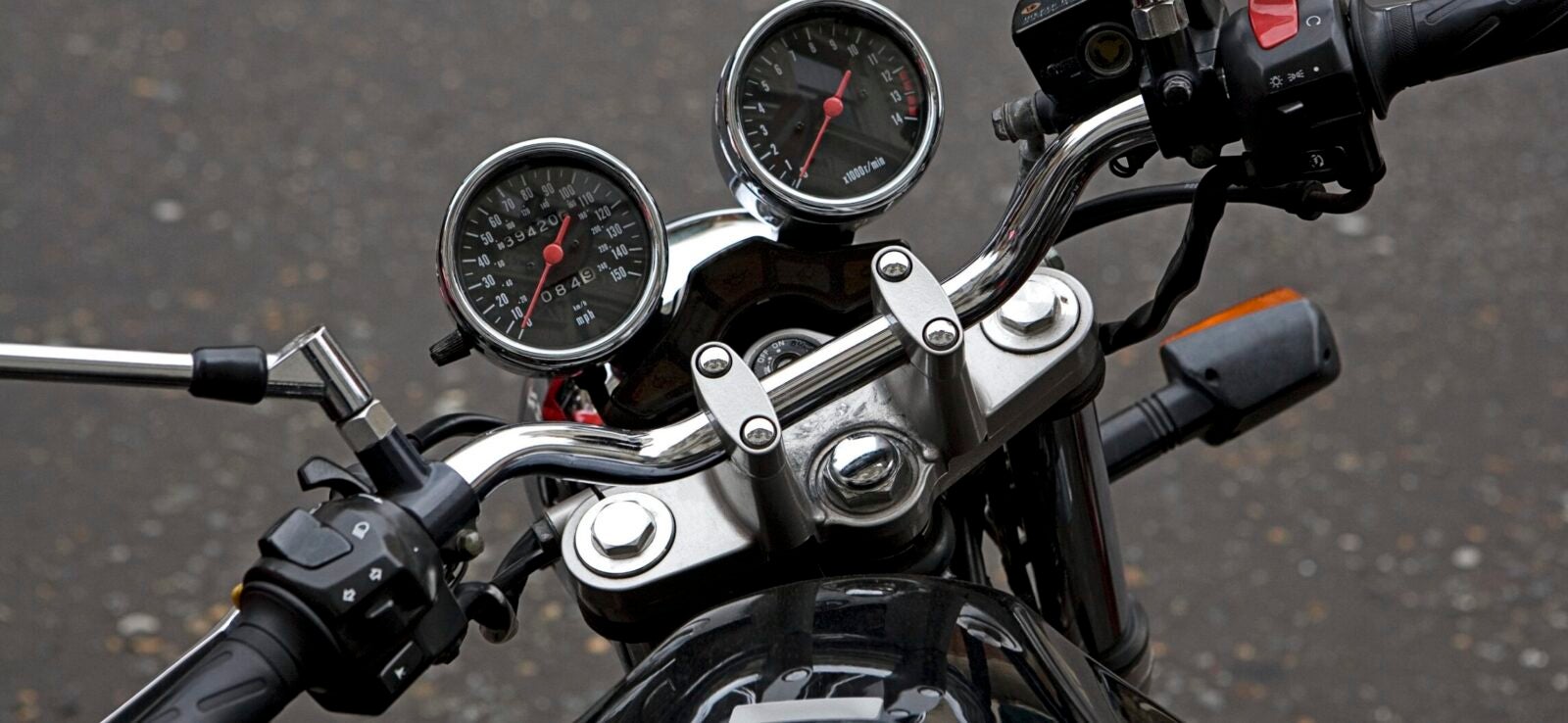Electric Motorcycles for the Motorcycle City
Funded by the Urban Transportation Center of Penn and Carnegie-Mellon University, and the Kleinman Center, Dr. Erick Guerra from the City and Regional Planning Department (School of Design) will evaluate the extent to which electric motorcycles or e-bikes are a potential replacement for gasoline-powered motorcycles. His research will determine the price point at which consumers are willing to adopt e-bikes in Solo, Indonesia, a historically quintessential motorcycle city.
A number of cities, particularly in Southeast Asia, have adopted the motorcycle as the primary means of urban transportation. Relatively high, but flat population and job densities, combined with a fairly uniformly distributed road network and often narrow streets, make the motorcycle a convenient and affordable choice for point-to-point travel. However, inexpensive motorcycles operating on often-adulterated gasoline produce high levels of local pollution, reduce life expectancy and cause harmful respiratory diseases particularly in the young and elderly. In many countries like Indonesia, reliance of gasoline for personal travel makes it difficult to reduce or remove expensive and economically distorting fuel subsidies.
Grant Result
A number of cities, particularly in Southeast Asia, have adopted the motorcycle as the primary means of urban transportation. They have many advantages but a heavy reliance on motorcycles also has several disadvantages.
Read the Digest
Erick Guerra
Associate Dean for Research, Weitzman SchoolErick Guerra is Associate Dean for Research and Associate Professor in City and Regional Planning in the Weitzman School of Design.

